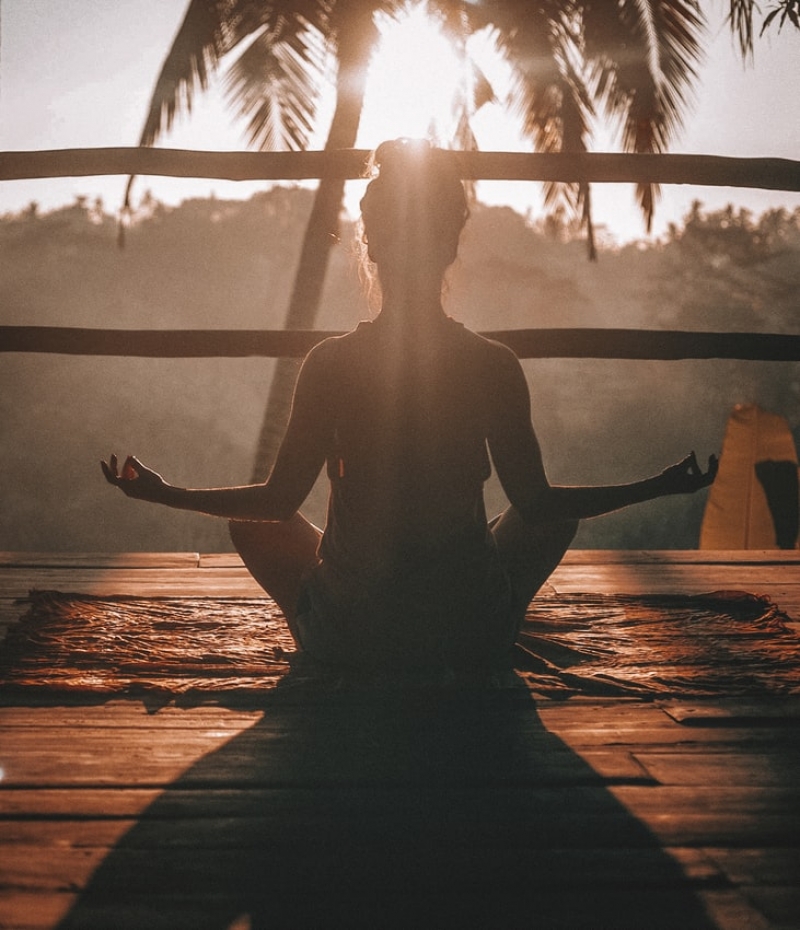Subscribe
Subscribe to our quarterly email newsletter 「ICM News」 to receive recent news about ICM, diverse writings by experts and youth, and relevant information.
Title [Martial Arts Globe] Opinion / Psychological and Educational Role of Martial Arts

Photo not directly related to writing. Photo by @jareddrice - Palestine Taekwondo Federation President Bashar Fouze Abed Aljawad This article highlights the role of psychological and educational Martial Arts for its practitioners, as well as its importance in the psychological and cognitive aspects. It is noted that the nature of self-defense games gives multiple opportunities for total expression, not only physical movement but also verbal and emotional expression, and social interaction. This allows for the specificities of these sports, through the individual system or the difference system. They also play a prominent role in building personality and enhancing emotional and social aspects, such as expression, emotional control, dealing with others, collective cooperation, etc. It is doubtful that the role of these games is very important to societies, especially when it comes to adolescence. We may consider adolescence to be a link between childhood and guidance. Although this stage is relatively short, lasting six or more years, from about the age of 12, the adolescent undergoes decisive changes in maturity, personality formation and social integration. The stage is characterized by rapid change in height, sexual maturity and psychological disorders. Psychological changes occur during adolescence during puberty. In adolescence, adolescence ranges from enthusiasm to depression, vitality or inactivity. The adult faces criticism and aggression (especially relatives) of the same age to oppose adults or society. This stage of growth also requires significant educational assistance from the emotional and social aspects. Martial arts may be one of the most important means of physical education and sports. For example, integration into the educational team within sports and learning the exercise of collective roles and respect for the opponent during the competition. The most important reasons for participation in martial arts are the response of these games to the motivations of emotional players, such as the discharge of excess energy and psychological comfort accompanying it, and emotional expression, such as joy and anger. The punishment of this behavior is normal in some situations such as competition, so the player can unload the charge of aggression, get rid of fatigue, and also arises from the other hand by participating in martial arts, distinguished relations between players and coaches, so that the coach finds oneself in front of situations that are rich in social and emotional phenomena, which oblige them to adapt to them or intervene to solve various problems, such as the breakdown of relations between individuals or isolation from each other and so on. This is what drives the trainers to focus on their educational role from the angle and develop the collective spirit from another angle.
※ This writing does not reflect the opinon of UNESCO ICM and UNESCO ICM is not directly linked to this writing. |
















